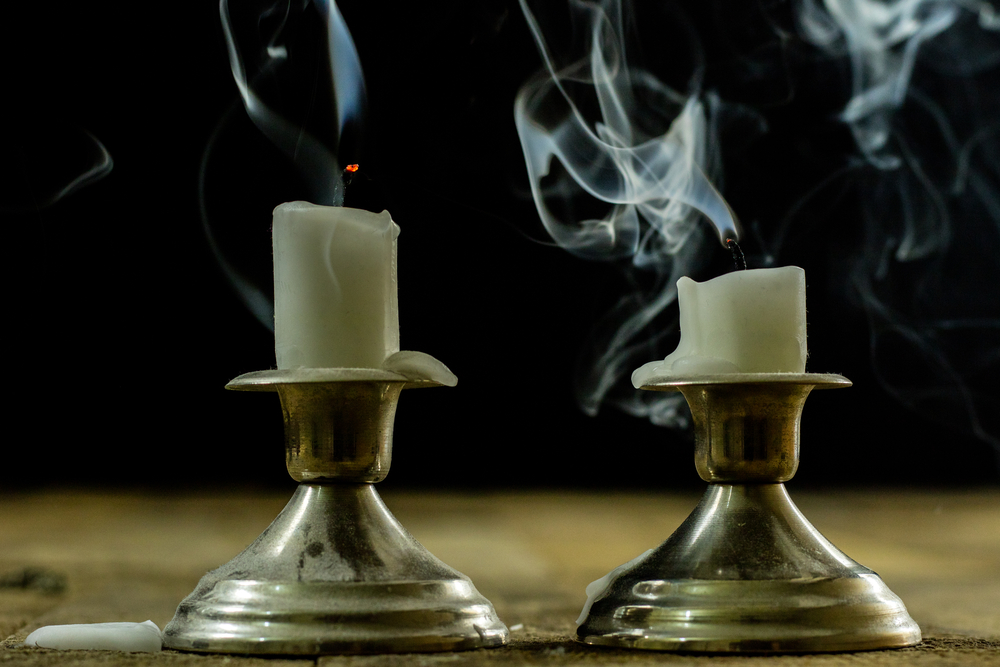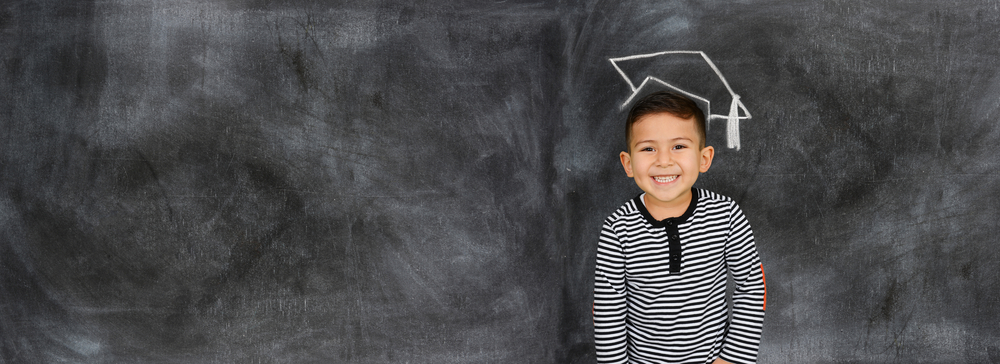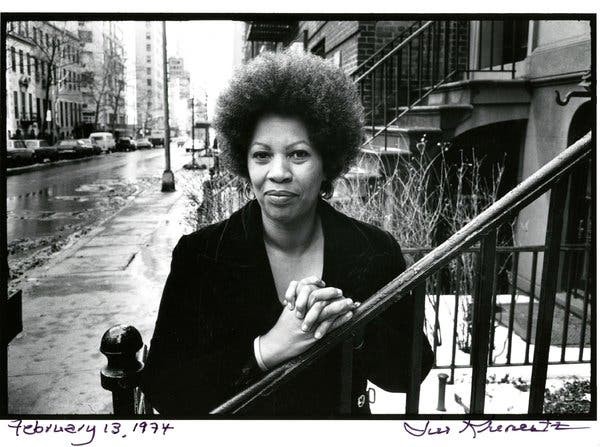Ya, so 2020 sucked for me too. While there were some nice things that happened, including beginning work as a therapist, they pale in comparison to the shit we all dealt with.
I know that a lot of people who write online – especially “influencers” – try to make it seem like they’re thriving amidst the pandemic. The implication is that if you aren’t doing great right now, you’re underperforming. How stupid.
So I share this review for two reasons. First, it’s tradition. You can find past annual reviews here: 2019, 2018, 2017, 2016. Second, I want to double down on normalizing the ebbs and flows of loneliness, boredom, and distress we’ve all been feeling this year.
THE LESSONS

1) The future is uncertain. I think we all learned this in 2020. In January, I thought I knew how my year would look: finish grad school, GirlTalk concert in DC with W*, see friends and family in the US and Canada, a week or two to myself in Mexico, licensure exams, and then get to work as a therapist.
Much of that never ended up happening, which brings me to another lesson I think we all learned…
2) It’s people and experiences that make life shine brightly. Thank you to my people – I’ve seen so few of you this year. I miss you dearly.
3) The systematic violence and oppression facing the BIPOC community is far worse than I understood. I’ve been at least somewhat aware of the dramatic levels of inequality and inequity in the US and beyond since high school. However, 2020 made it clear that I still have a lot to learn about the structures of oppression and privilege. I realized that working to educate myself, identifying my unconscious biases, and becoming a better advocate and ally is a life-long process. It’s something I intend to work on day-to-day as well as year-to-year.
4) Integrity keeps paying off. Long time readers know that I spent 2016 trying to be as honest as I possibly could. Since then I’ve continued to prioritize honesty in word and action. Among other things this year, I ended a long-term business relationship that was out of integrity (that was hard, but the obvious right thing to do), and found a fair price for my psychotherapy services. I started my career in entrepreneurship as a speaker and consultant. In those fields, the goal is to charge as much as you can. As a therapist, I want to aim at a different target and instead, worked to find a price that is fair to myself and my clients. 1
5) Sometimes it’s really nice to just do nothing. Seriously. A few months ago I texted J* complaining that I was bored. His advice, “Try staring at the ceiling for 10-15 minutes. It’s relaxing and you’ll get tons of crazy ideas.” He was right! Once you get past the resistance, doing nothing is just lovely. I find myself flopping down on the bed and just doing nothing a few times a week.
WHAT I STRUGGLED WITH

1) I worked too much. When I went back to school and started training to be a meditation teacher a few years ago, I chose to keep working full time as a consultant to stay afloat financially. So I knew what I was signing up for there. What I didn’t anticipate was that there would be a pandemic, economic crisis, and racial unease taking place as I finished grad school and licensure. Because of the need for mental and spiritual health services, I was teaching meditation and practicing therapy far sooner than anticipated. I went from 60+ hour work weeks in school to… 60+ hour work weeks after school.
In late October, upon finishing my second level of licensure as well as a handful of post-grad trainings, my schedule finally slowed down. After two years of overworking myself, it took weeks for my body and mind to let go of the stress and pressure that I became accustomed to. I’m glad to report that I’ve returned to a healthy work-life balance for the first time since 2018.
2) Life during the pandemic is legit hard – especially now. I experienced more boredom, loneliness, isolation, frustration, anger, and confusion in 2020 than any year I can recall. With time, I developed strategies to help cope (those strategies as well as how you can develop your own here), but life is nowhere near as good now as it was pre-pandemic. I longingly look forward to seeing loved ones and engaging with the world.
One thing that I haven’t written about that helps me cut through the darkness is practicing metta. Metta is a type of meditation focused on feelings of warmth and connection. For me, it makes a meaningful difference. If you’re interested, I recommend starting with Sharon Salzberg’s guided, “Lovingkindness Meditation” on the Insight Meditation Timer app.
3) I f*cked up a few hard conversations with the same mistake. I’ve been refining my ability to manage difficult conversations since 2016. I’ve learned to reflect on my role in the conflict first, gauge how much the other person can offer, and listen with increased openness.
What I’m still learning is that sometimes I need to take a few days to compose my thoughts and feelings before I take action. There were a few times in 2020 where if I had just paused to cool down and approach these conversations from a place of being fully resourced, I could have saved myself and loved ones a lot of heartache.
WHAT WENT WELL

1) I finished grad school, completed multiple post grad trainings, received my teacher’s blessing to teach meditation, passed the Jurisprudence Exam to practice therapy in Colorado, and passed the Association of Social Work Board’s Licensed Clinical Social Worker Exam. It felt unimaginably good to get all of those things done. It took several years in my late 20’s and early 30’s to figure out what I wanted to be when I grew up. Another six months to bite the bullet and own the decision to go back to school. Then, after nearly two years of classes, internships, and licensure procedures, I did it, and it feels so damn good.
2) I love my job (finally)! I’ve been working at least part time since I was six years old (gotta love being an in demand child entertainer…). However, in hindsight, I never really loved my work until I became a therapist this year. You might think that when my work was more extravagant- when clients flew me around the world, audiences filled auditoriums, and I made a lot more money than I do now – that I would have been happier. Nope. That stuff was flashy, but it was never my heart’s work. Working as a therapist and meditation teacher is. It feels like such a privilege that people choose me as their therapist and that we get to walk down the path of building a better inner life together. Unreal!
To the clients who have trusted me with their hope and the most vulnerable parts of themselves: thank you. You’ve added more to my life than you realize, and I hope I’ve served you well.
MY FAVORITE BOOKS OF 2020

One of the thin silver linings of the pandemic is that I got a lot of reading done. My favorites of 2020 in no particular order:
Fiction
“The Bluest Eye” by Toni Morrison (Bookshop, Amazon) was the best book I read this year. I read it as race riots were taking place just blocks away from my apartment. I could hear helicopters, police cars, and shouts as I read. “The Bluest Eye” is a story about discrimination, poverty, abuse, and neglect told through the lens of young Pecola, a black girl living in post-depression Ohio. When you pause to realize that this book was written 50 years ago it’s hard for your heart not to break; we still have so far to go. Morrison is a stunning writer with a keen eye for social commentary. If you haven’t read this book I urge you to push it to the top of your list.
In a similar vein, I also loved “Transcendent Kingdom” by Yaa Gyasi (Bookshop, Amazon), a true book of the times. Gifty is a brilliant first-generation immigrant whose family is torn apart by addiction, discrimination, and globalization. Along the way she wrestles with her relationships to faith, science, mental health, and family. Gyasi makes writing about these things look easy. I tore through this book and was sad when it ended.
“The Overstory” by Richard Powers (Bookshop, Amazon) lingered on my mind for months. It’s a captivating story about how trees shape our lives. It’s told through the perspective of multiple characters whose lives overlap. It changed my relationship to nature, the wilderness, and humanity. I was able to get my book club to read it and they (mostly) loved it too.
For 2020, Brandon Sanderson gets his own category. After about two years, I finished all of the books in the Cosmere (except the two that were just released)! My favorite so far is the novella, “The Emperor’s Soul” (Bookshop, Amazon). “The Emperor’s Soul,” which can be read as a standalone, is a gorgeous blend of escape heist, absorption, crime, and existentialism. I’m not at all surprised it won a Hugo. For those of you who are interested in diving into the Cosmere start with either “The Way of Kings” (Bookshop, Amazon) or “The Final Empire” (Bookshop, Amazon). I also tore through the first two books in the “Skyward” series (Bookshop, Amazon). “Skyward” is one-part space opera, one-part dystopia, and one-part coming of age story. It’s like “Ender’s Game” by Orson Scott Card, (Bookshop, Amazon) which I loved, but better.
I first read “Dharma Bums” by Kerouac (Bookshop, Amazon) at a hostel in Swaziland 15 years ago. I reread it on a (pre-pandemic) trip to the East Coast in early 2020. As I read, I caught myself choking back tears in the airport lounge. It’s not that this book is so beautiful I couldn’t contain myself (like most of Kerouac’s work it’s intermittently beautiful and irritating). It’s that “Dharma Bums” captured so much of the joys and struggles of my 20’s. This manic seeking for…something…through a chaotic blend of …everything… resonated deeply. After I finished “Dharma Bums” I wrote a letter to C*, whose path was similar to mine when we met. These days he’s an award-winning director and writer. Together C* and I lived through manic years of joy, confusion, connection, disconnection, and chaos just trying to understand a bit about ourselves and the world. And while I was grateful to revisit that chapter of my life, I’m also glad to have left it behind.
Comics
My parents have a pet cockatiel, Roger, who I adore. She’s hyper, funny, loving, confident and irritating. Before Roger, there were two other cockatiels, Rosie and Rocco (for an account of one of my favorite pranks, which involved Rosie, check out the second PS here). If you or someone you know loves parrots, and especially cockatiels, the book “Chicken Thoughts” by Sarah Wymer (Bookshop, Amazon) is basically the best thing ever. These comics capture the soul of cockatiels in all their charming, beautiful, and frustrating glory.
Non-fiction
“Tattoos on the Heart” by Father Gregory Boyle (Bookshop, Amazon) was the most uplifting book I read this year. Boyle is the founder of Homeboy Industries, a non-profit that works with gang members in LA to help them heal and build a better life. “Tattoos on the Heart” is a collection of stories and insights from Boyle’s work. It offers enlightening – and at times, heartbreaking – commentary on how we fail and succeed at lifting one another up. Boyle describes a Christian God that is very different from the mainstream interpretation. I found myself quoting Boyle with some of my more religious clients and friends. Though some of the stories in this book are heart wrenching, ultimately, it lifted me up and reminded me of what I love most about people.
There were two books on psychology and spirituality whose practices I routinely recommended to clients throughout the year. The first was “Radical Compassion: Learning to Love Yourself and Your World with the Practice of RAIN” by Tara Brach (Bookshop, Amazon). The second was “Self-Compassion: the Proven Power of Being Kind to Yourself” by Kristen Neff (Bookshop, Amazon). Both books blend psychology and mindfulness to deliver concrete strategies for fostering self-love and self-compassion. If you lean towards ancestral wisdom start with Brach’s book. If you lean towards research, go with Neff’s. Either way, they’re both excellent and contain tools that I use with clients and myself.
I encouraged my parents and brother to read “Being Mortal: Medicine and What Matters in the End” by Atul Gawande (Bookshop, Amazon). Gawande explores the practical and philosophical elements of dying in the US. How will you make it easy for your next of kin to decide whether to resuscitate you or let you pass? How will you know when you’re ready to die? Would you rather spend your last days in a nursing home with strict rules but lots of care, or in your own home with more freedom and less care? Death can be confronting, but it warrants careful thought and anticipation. Though my parents likely have decades left, I encouraged them to read this book so we could use it as a jumping off point for conversations about their end-of-life care. Gawande does something that seems impossible: he writes about death, dying, and the medical system in a way that’s absolutely captivating. This was another book I read in two or three days.
Andrew Yang’s “The War on Normal People” (Bookshop, Amazon) offered compelling arguments about why we should be concerned about the future of the middle and lower classes in the US. He also proposes solutions to preempt those problems. His ideas range from existential (incentivizing community and generosity), to technological, to financial (Universal Basic Income). In a country ruled disproportionately by old white men who mostly react to problems, it was refreshing to read a book by a younger person of color who is interested in predicting problems and responding proactively.
When I gave up hope of taking a surf trip to Mexico, I picked up “Barbarian Days: A Surfing Life” by William Finnegan (Bookshop, Amazon) instead, and good lord is this book charming. Driven by Finnegan’s (arguably unhealthy) obsession with surfing, he discusses his childhood in Hawaii, various relationships, his development as a writer, and his far flung travels as he sought the next great wave. Learning that a memoir about surfing won a Pulitzer seems strange at first. But when you read it, it makes total sense.
==
So that’s a wrap on 2020. May all of us – individually and collectively – fair better in 2021.
Footnotes
- There’s another element at play here. When I worked as a speaker and consultant, I wasn’t all that happy and I certainly wasn’t doing my heart’s work (though I’m not sure I understood this at the time). Because I was missing the mark, I unconsciously looked towards money to fill in the existential void. These days, I find myself so engaged by practicing therapy that money is a less motivating factor than it used to be. I took a massive pay cut when I went from consulting to therapy and haven’t regretted it for a second.